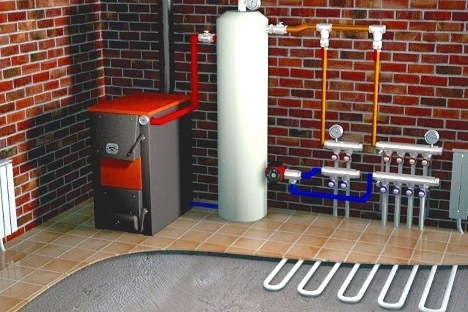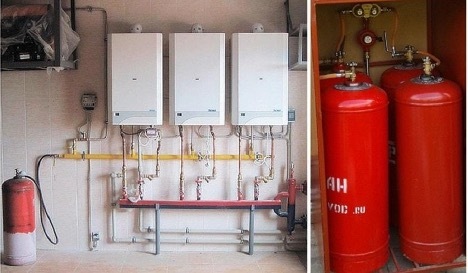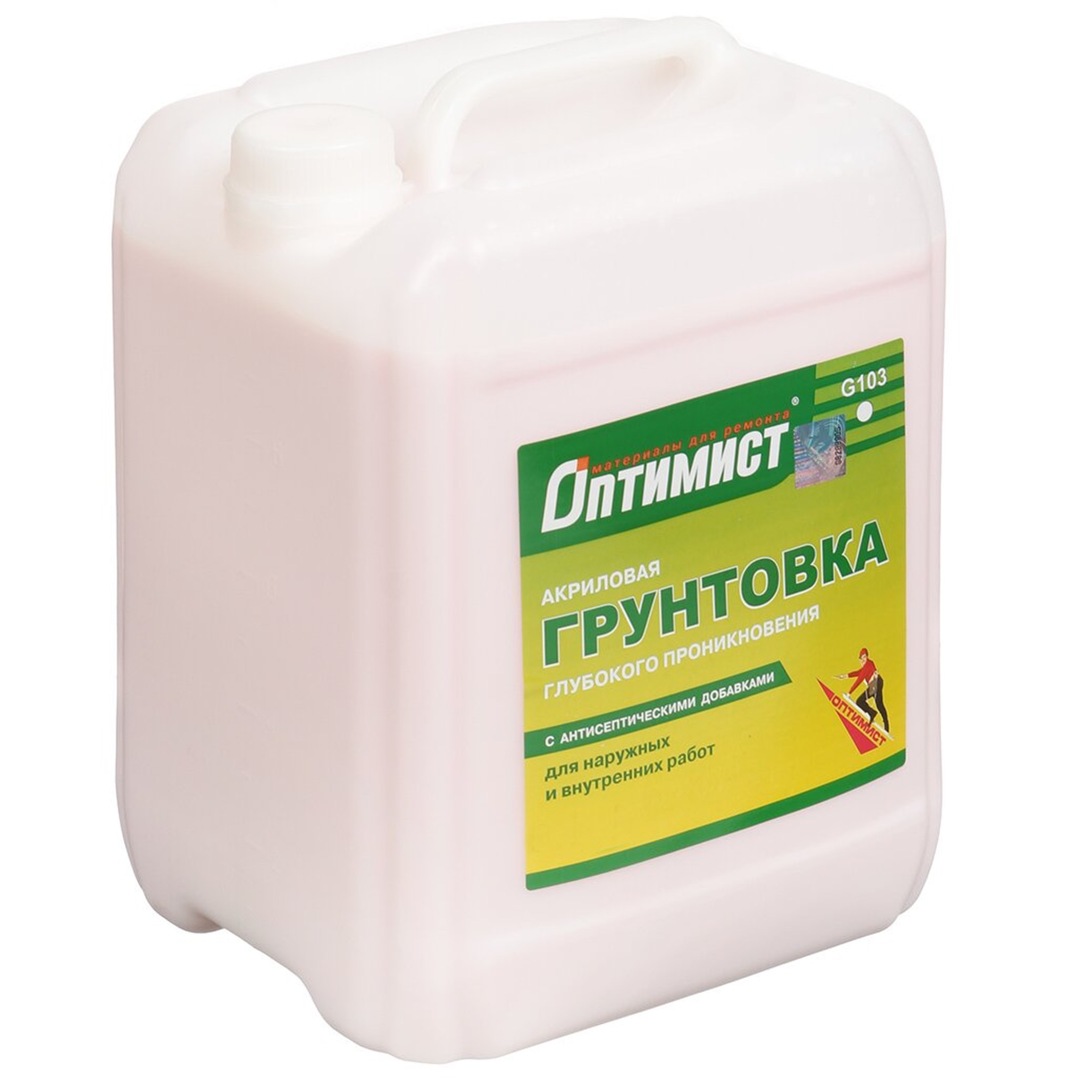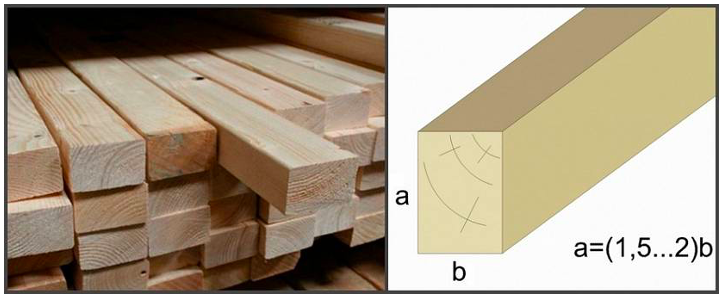With the advent of new technologies, the issue of economical heating of a private home has become especially relevant. This article will examine the advantages and disadvantages of modern heating methods, and also offer optimal solutions for those who want to reduce costs and increase system efficiency.

The content of the article
- Energy-saving systems: moving to a new level
-
Which heating is better: comparison of systems
- Infrared heaters
- Heat pumps
- New technologies: a look into the future
- Conclusion: how to make the right choice
Energy-saving systems: moving to a new level
Energy-saving heating is not just a fashionable trend, but a real necessity. There are many systems available, ranging from traditional gas boilers to innovative heat pumps. Energy-saving heating systems include not only modern equipment, but also infrastructure optimization: insulation of walls, ceilings and floors, installation of energy-saving windows, and so on.
Which heating is better: comparison of systems
Choosing the optimal type of heating is a complex task that requires analysis of many factors. A comparison of country house heating systems shows that infrared heaters and heat pumps are the most effective. Not only do they provide economical home heating, but they are also relatively easy to install and operate.
Infrared heaters
Infrared heaters occupy a special place among modern heating systems. These devices convert electrical energy into infrared radiation, which directly heats objects and people in the room. One of the main advantages is the instant heating effect, which provides high energy efficiency and, as a result, economical heating of a private home.
The second significant aspect is the possibility of spot heating. Unlike classic systems that distribute heat evenly throughout the space, infrared heaters allow you to focus the heat in specific areas. This eliminates inefficient use of energy and reduces overall heating costs.
The third point concerns environmental friendliness and safety. Infrared heaters do not dry out the air or create dust, which makes them one of the healthiest and safest options for modern heating in a private home. They are ideal for allergy sufferers and homes with small children, adding another plus to their benefits.
Heat pumps
Heat pumps represent one of the most advanced technologies in the field of energy-saving heating. They work on the principle of transferring heat from one source to another, instead of generating it, which significantly reduces energy consumption. The efficiency of such systems can reach 300-400%, making them one of the leaders in economical heating of a private home.
Heat pumps can work with different heat sources: ground, water or air. This provides flexibility in system selection. This also allows you to adapt it to the specific conditions and needs of the homeowner. In addition, this technology integrates perfectly with other energy-saving heating systems. For example, it can be combined with solar collectors. This makes it possible to create an extremely efficient and environmentally friendly complex.
However, it is worth considering the high cost of the initial installation. However, these costs are recouped over several years due to low operating costs and high system efficiency. Thus, choosing a heat pump is a strategic investment decision that, with the right approach, can provide energy-efficient heating for a private home.

New technologies: a look into the future
Modern heating in a private home includes a number of innovative solutions. For example, these are “warm floor” systems or solar collectors. New technologies in heating private houses can not only save on energy bills, but also make the heating process more convenient and automated.
Conclusion: how to make the right choice
Choosing a heating method is a responsible decision that requires careful analysis. The best choice depends on many factors, including the size of your home, climate conditions and budget.
List of key recommendations for choosing heating:
- Explore all the options available, from traditional to innovative.
- Analyze the needs of your home: area, number of rooms, level of insulation.
- Compare the cost and effectiveness of different systems.
- Pay attention to the long term. After all, investments in modern technologies can pay off in the future.
Regardless of the system chosen, the main thing is its efficiency and cost-effectiveness. A properly selected system will not only provide comfort in the home, but will also significantly reduce costs.


